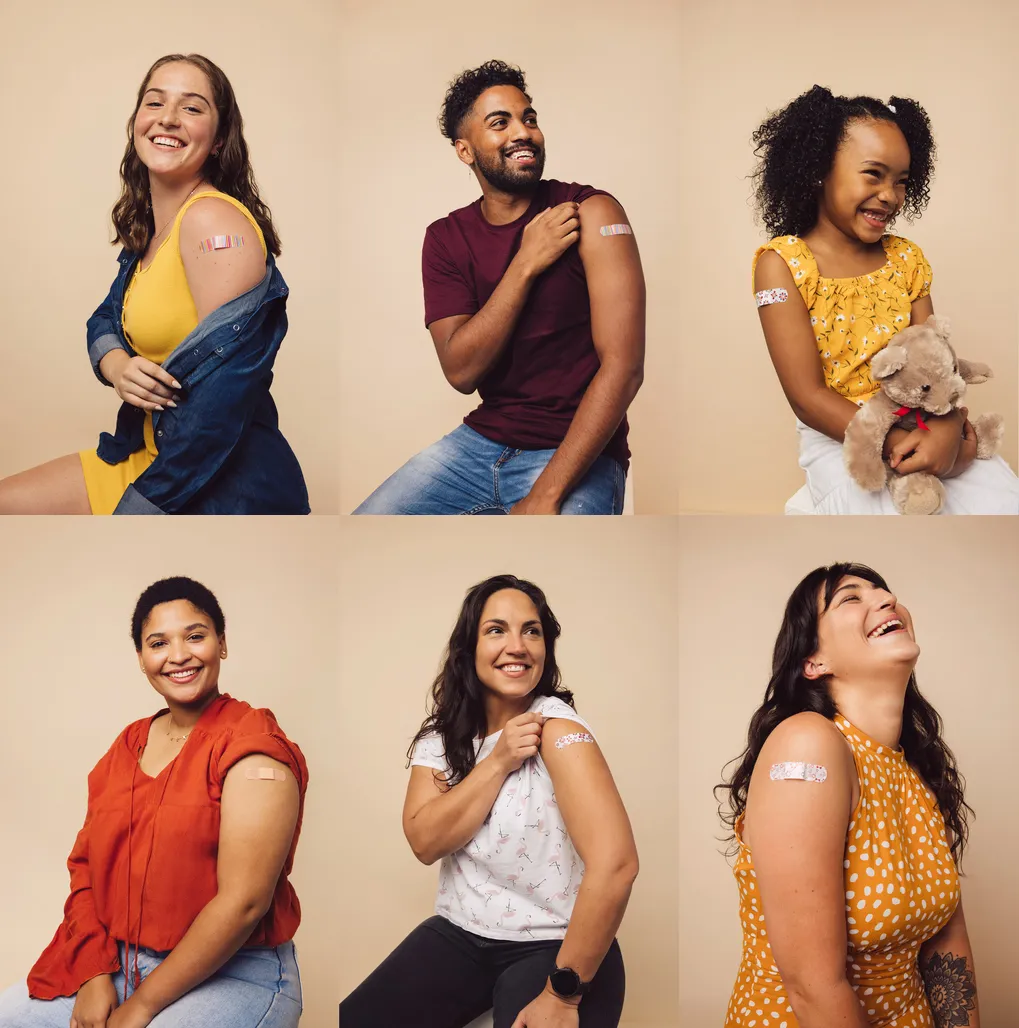
Published on: 11 January, 2022
Read Time: 5 min
What is HPV?
HPV is a group of more than 150 viruses called Human papillomavirus. HPV is the most common sexually transmitted infection (STI), estimated to infect more than 14 million new sexually active people in the U.S. each year. In fact, 80% of sexually active people are expected to transmit the virus within their lifetime. While it is common and not something you should be ashamed about, it does have the potential to cause certain types of cancers (cervical, vulvar, vaginal, anal, throat, and mouth) if undiagnosed and untreated. Out of the 150+ strains of HPV, there are 14 common cancer-causing HPV strains and three of them account for 70% of invasive cervical cancer. Although most infections are transient and clear themselves naturally, there are about 30,000 new cancer cases each year that have been caused by HPV. Preventative measures and early-detection practices are essential to keep the spread and progression of HPV at bay.
What is the HPV vaccine?
You’ve probably seen commercials or digital advertisements for Gardasil, a vaccine that “helps protect men and women through age 45 from certain cancers caused by 7 HPV types, to which they have not yet been exposed”, according to their website. Gardasil was the first (and only) FDA-approved HPV vaccine on the market and is recommended for routine vaccination in males and females aged 9 to 45. It is given on either a 2-dose or 3-dose schedule. The proper dosing schedule should be determined by your healthcare provider, but Gardasil’s website notes the following:
- For persons 9 through 14 years of age, GARDASIL 9 can be given using a 2-dose or 3-dose schedule. For the 2-dose schedule, the second shot should be given 6–12 months after the first shot. If the second shot is given less than 5 months after the first shot, a third shot should be given at least 4 months after the second shot. For the 3-dose schedule, the second shot should be given 2 months after the first shot and the third shot should be given 6 months after the first shot.
- For persons 15 through 45 years of age, GARDASIL 9 is given using a 3-dose schedule; the second shot should be given 2 months after the first shot and the third shot should be given 6 months after the first shot.
The efficacy of the HPV vaccine is extremely high, with some pretty astonishing results since it was first recommended in 2006. According to the CDC:
- Since HPV vaccination was first recommended in 2006, infections with HPV types that cause most HPV cancers and genital warts have dropped 88% among teen girls and 81% among young adult women.
- Fewer teens and young adults are getting genital warts.
- HPV vaccination has also reduced the number of cases of precancers of the cervix in young women.
- The protection provided by HPV vaccines lasts a long time. People who received HPV vaccines were followed for at least about 12 years, and their protection against HPV has remained high with no evidence of decreasing over time.
How else can you prevent HPV?
Like any other STI, the only way to truly avoid any potential for transmitting HPV is through abstinence. Sex is a natural part of being human, so helping you feel empowered and informed about safe sex is our ultimate goal here. If you are sexually active, the best way to prevent HPV (on top of receiving the vaccine) is to use condoms and/or dental dams any time you have vaginal, anal, or oral sex. If you are fully vaccinated with Gardasil and choose to forego sex with a barrier, your mind can certainly rest easier knowing you’re immune system was given an extra boost to fight off any human papillomavirus you may come in contact with. The other important part of this equation is early detection. If you are a menstruating person who has female reproductive organs, we truly can’t stress enough how important it is to see a gynecologist or primary care provider regularly. Through regular pap smears, your provider will be able to identify any abnormalities in your cervix, allowing for early detection and treatment of active HPV infection, precancer, or cancer. It is much harder to diagnose HPV in men and trans women, as there is no annual screening test to show abnormal cells like a pap smear. This population really needs to rely on their partners to tell them of an abnormal diagnosis or the presence of genital warts. Although HPV infections are asymptomatic in men and trans women, the virus can develop into genital warts or multiple types of cancer, including penis, anal, throat, and mouth cancer. The HPV vaccine is a reliable way to protect yourself and/or your children from developing many types of cancers and genital warts from the most common cancer-causing strains of HPV. If you have any concerns or questions about getting the vaccine for yourself or your child, please contact your healthcare provider. Some pharmacies, including CVS, Rite Aid, and Walgreens, may offer the vaccine. You can use Gardasil’s pharmacist locator to find the one nearest to you.





